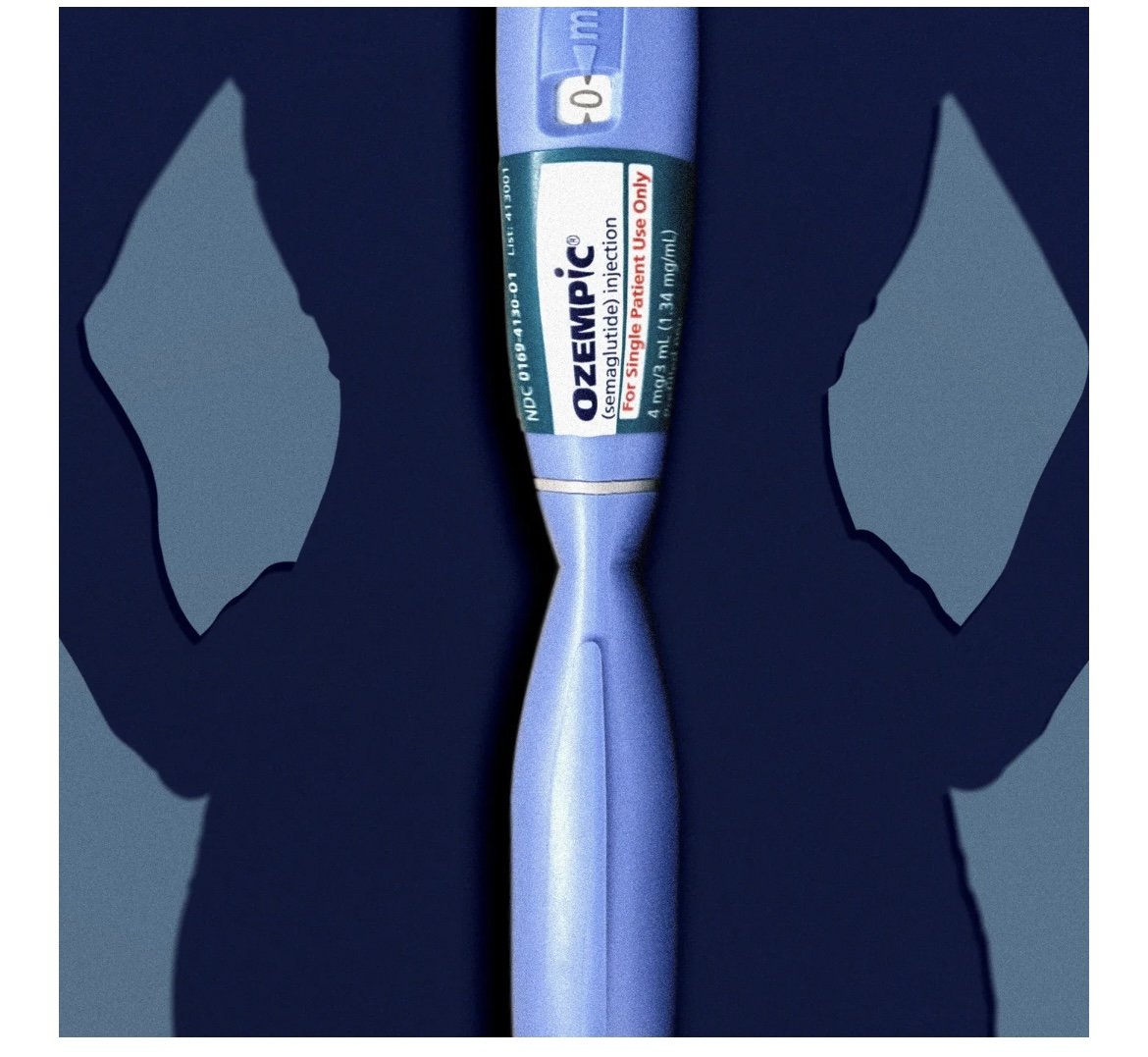Thin Is Back - Ozempic “The Quick Fix”
The Obsession Of “Thin”
Where did the beauty ideal of “thin” originate?
During 1890 - 1920 there was a battle “against being fat”. During this period America’s image of the ideal body changed from healthful plumpness to “fatness” which was associated with sloth. In other words, if you were fat you were considered lazy.
But somewhere along the way, there was an extreme shift to being thin. How did society become obsessed with the notion of being thin?
Did “thin” gain popularity through pop-culture? Why was “thin” then considered healthy?
The Beauty Ideal In Pop-Culture
In pop-culture beauty standards seem to change every decade. It depends on what is in and what is out. Haven’t you noticed the Kardashians seem to be getting thinner? Where did their thicker thighs and larger rear ends go?
The beauty standard frequently shifts which means celebrities have to evolve their appearance as well. Unfortunately, our society follows suit and women feel the pressure to keep up with the ever revolving door of beauty standards.
The use of Ozempic has surged in popularity for meeting that illusion at the door. Ozempic is known to speed up the process of weight loss with a weekly injection into the abdomen. The drug is meant to be used long term by those who are diagnosed as diabetic by their doctor. The drug was not originally intended for those to solely loose weight. Ozempic has not been approved by the U.S. Food and Drug Administration (FDA) to treat weight loss.
Why Is Thin The Be All Standard?
Westernized medicine seems to fall in line with the societal standards of beauty and determines one’s health solely on the range in which they fall on the meter of health. Let’s take a look at the Body Metric System standards.
The metric system originated in the 1970’s in France and was based on three “fundamental units”, the meter of length, the kilogram for mass, and the second for time. You can determine your overall health based on your body mass index according to the calculator on the CDC’s website.
The Body Metric Systems has remained the same for many centuries and is still used in your doctor’s office. How accurate is this standard of health if it is based on impossible standards? It is a loose construct that falsely concludes if you are thin then you are at optimal health.
Risks Of Longtime Use
Research is still being conducted on the long-term use of Ozemic. What does that mean? Well, anyone currently using Ozepmpic for weight loss are the guinea pigs of science. Your side effects and symptoms will determine the future of Ozempic in five to ten years from now. A little scary but hey, if being thin is that much more important than the risks of your overall health then power to you.

